
The Faculty of Science and Technology Open Access Lunch and Networking event will take place today at 12noon, Shelly Lecture Theatre, at Poole House ground floor in Talbot.
In conjunction with the International Open Access week, Dr. Zulfiqar Khan shares his experience of Open Access.
Dr Zulfiqar Khan has led the University Sustainable Design Research Centre (now cluster) since 2007. The centre has grown its research and professional practice portfolio with significant international collaborations.
SDRC received its REF14 Panel Feedback as, “Sustainable Design Research Group had the highest proportion of outputs judged to be internationally excellent”. He is current lead/champion of REF 2020 UoA 12.
SDRC currently has thirteen PGRs (3 to be recruited soon), two postdoctoral research assistants (one to be recruited soon), three visiting professors, five visiting fellows and twelve academic staff. Majority of research is externally funded/match funded. Some of major funders include Ministry of Defence, Schaeffler, Future Energy Source ltd, National University of Science & Technology, SKF and WIT etc. for more information please visit SDRC.
Dr Zulfiqar Khan has established a significant research portfolio in corrosion, corrosion condition monitoring & simulation in collaboration with The Tank Museum and Ministry of Defence.
Recent publications from current research have been published in open access. Open access provides an opportunity of making research findings available to a wider audience especially those who do not necessarily subscribe to the journal itself or the database which include (the) specific journal(s).
HEFCE sets out post 2014 REF open access policy as, that in order for certain research to be eligible for submission to REF, their outputs should be made open access. There are several identified routes, e.g. gold open access or uploading to institutional repository where the material should be freely available for downloading or reading for anyone with an internet access. The output should also be easily discoverable.
The open access also works as a PR vehicle for research activity. Dr Zulfiqar Khan and his PhD student (Hammad Nazir) recently published in the Journal of Adhesion Science & Technology, Taylor & Francis, an SCI indexed journal. Taylor & Francis publish a list of twenty most read articles. Majority of top twenty most read publications are available since 2012. A recent paper which was published through the open access route entitled “Modelling of metal-coating delamination incorporating variable environmental parameters” is now the top most read paper in the list with 1620 views/downloads. This paper was available since December 2014.
Similarly “Optimisation of interface roughness and coating thickness to maximise coating–substrate adhesion – a failure prediction and reliability assessment modelling” was available since April 2015, has made it to the top most read publications with 586 views/downloads and is placed 8th (dated 18/09/2015).
While a third, recently published paper “A unified mathematical modelling and simulation for cathodic blistering mechanism incorporating diffusion and fracture mechanics concepts” which was available from Mar 2015 is now the 12th (dated 18/09/2015) most read publication with 496 views/downloads.
Dr Zulfiqar Khan said, that open access is an efficient vehicle to make our research outputs more widely available to bring significant benefits in terms academic, industrial and societal impacts.
The latest BU research publication used a modelling approach to suicide in India [1]. The paper ‘Time Trend of the Suicide Incidence in India: a Statistical Modelling’ is now online and freely available as it was published in an Open Access journal. The first author of this paper is BU Visiting Faculty Dr. Brijesh Sathian. The modelling resulted in some useful predictions of future risk of suicide at a population level, see for example: 10.12691.ajphr-3-5A-17.fig_1
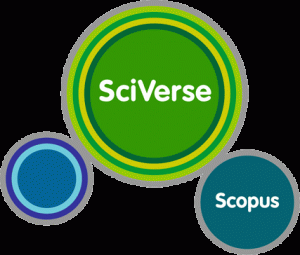

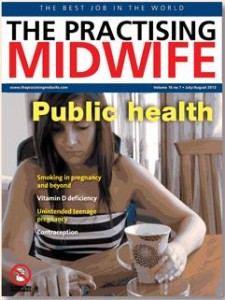 Carol Richardson, joint Portsmouth Hospitals NHS Trust and CMMPH’s PhD student, published her latest article ‘On running for supervisor’ in the most recent edition of The Practising Midwife. Carol as Clinical Academic Doctoral Midwife is conducting her thesis research on the topic of pregnancy and obesity. Her PhD is supervised by FHSS Prof. Vanora Hundley, Dr. Carol Wilkins & Prof. Edwin van Teijlingen.
Carol Richardson, joint Portsmouth Hospitals NHS Trust and CMMPH’s PhD student, published her latest article ‘On running for supervisor’ in the most recent edition of The Practising Midwife. Carol as Clinical Academic Doctoral Midwife is conducting her thesis research on the topic of pregnancy and obesity. Her PhD is supervised by FHSS Prof. Vanora Hundley, Dr. Carol Wilkins & Prof. Edwin van Teijlingen.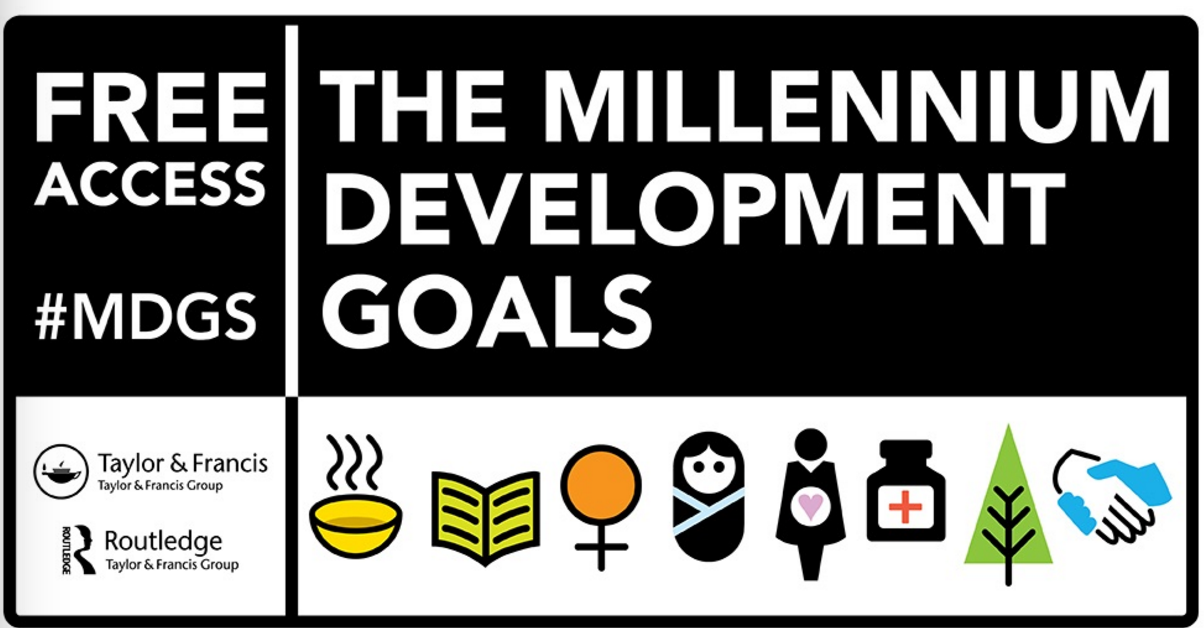
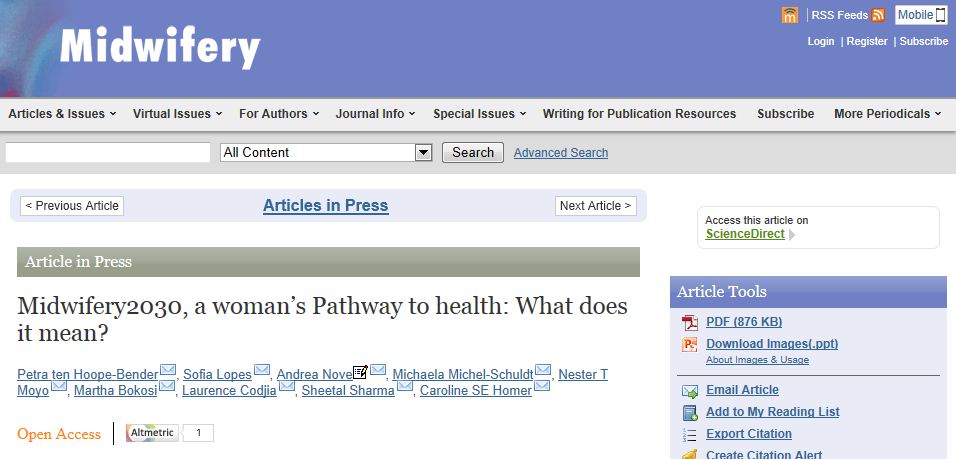
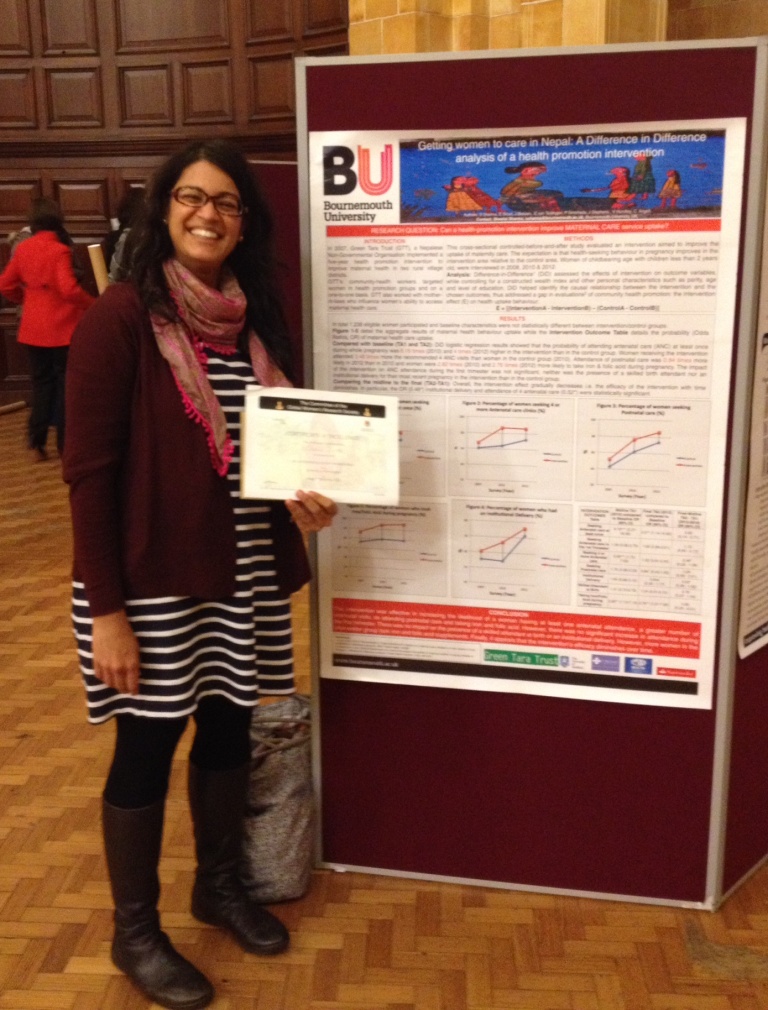


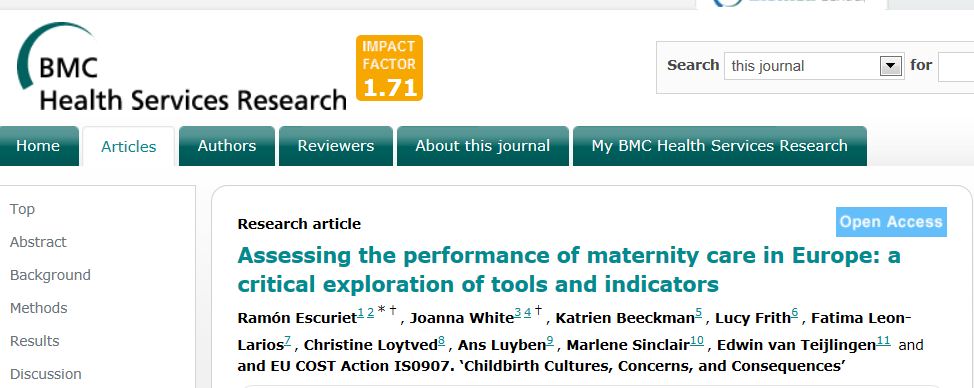
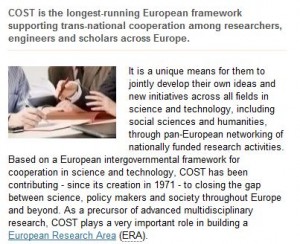
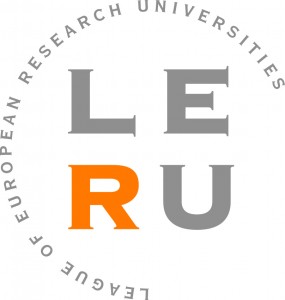



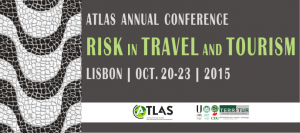

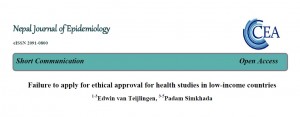













 SPROUT: From Sustainable Research to Sustainable Research Lives
SPROUT: From Sustainable Research to Sustainable Research Lives BRIAN upgrade and new look
BRIAN upgrade and new look Seeing the fruits of your labour in Bangladesh
Seeing the fruits of your labour in Bangladesh Exploring Embodied Research: Body Map Storytelling Workshop & Research Seminar
Exploring Embodied Research: Body Map Storytelling Workshop & Research Seminar Marking a Milestone: The Swash Channel Wreck Book Launch
Marking a Milestone: The Swash Channel Wreck Book Launch ECR Funding Open Call: Research Culture & Community Grant – Application Deadline Friday 12 December
ECR Funding Open Call: Research Culture & Community Grant – Application Deadline Friday 12 December MSCA Postdoctoral Fellowships 2025 Call
MSCA Postdoctoral Fellowships 2025 Call ERC Advanced Grant 2025 Webinar
ERC Advanced Grant 2025 Webinar Update on UKRO services
Update on UKRO services European research project exploring use of ‘virtual twins’ to better manage metabolic associated fatty liver disease
European research project exploring use of ‘virtual twins’ to better manage metabolic associated fatty liver disease